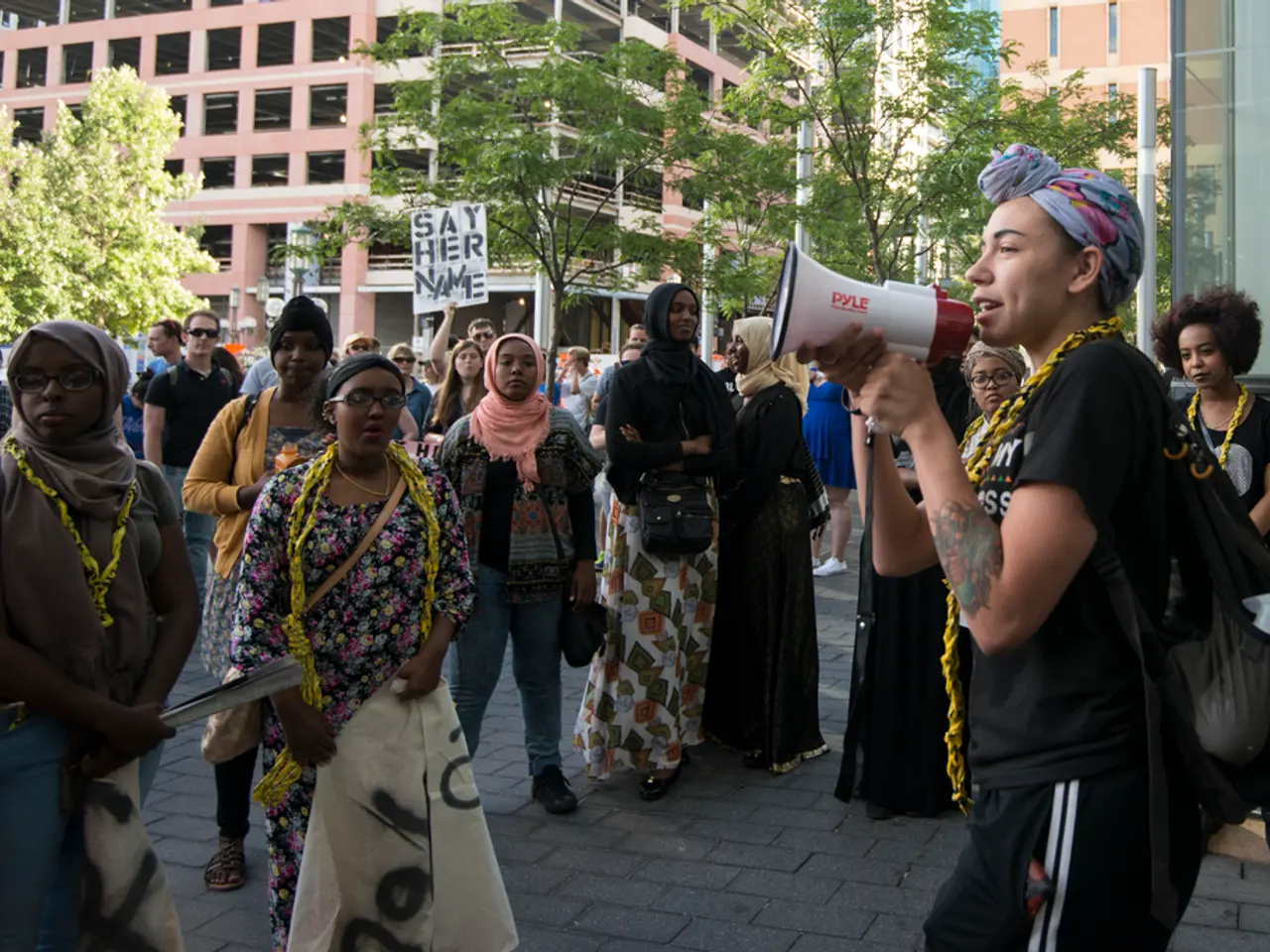Grantee secures funding for study on Pakistan's infrastructure, aggression, and opposition movements
Bramsh Khan, a Ph.D. candidate in social science at the Maxwell School of Citizenship and Public Affairs, has been awarded a 2021 Fulbright Scholarship and a Wenner-Gren Foundation Dissertation Fieldwork Grant for his groundbreaking research on state-led infrastructural development in Balochistan, Pakistan.
Khan's research focuses on the asymmetrical power relations in defining development and the disproportionate costs borne by marginalized communities amid state-led infrastructure expansion. His work critically examines the question of "Who defines 'development' and who pays the price?" by highlighting how infrastructure projects, often led by the state, shape livelihoods while sometimes marginalizing local communities.
The Wenner-Gren grant will enable Khan to deepen and expand his dissertation through multimodal storytelling, including a film project in collaboration with emerging Baloch filmmakers. This project aims to convey the experiences of Baloch women in a visceral way, documenting both the direct and indirect violence they face.
Khan's research reveals the layered consequences of the development of megaprojects, such as the $62 billion China Pakistan Economic Corridor and its M-8 motorway project. The development has resulted in displacement and disruption of shepherds, farmers, and fishermen's way of life.
Dan Olson-Bang, director of professional and career development in the Graduate School, played a crucial role in helping Khan find and apply for these prestigious fellowships. Olson-Bang found the Wenner-Gren grant to be a great fit for Khan's research, and enjoyed working with him to craft his proposal.
Khan's work also involves a grassroots initiative where women from farming communities teach embroidery and craftwork to displaced shepherd women. This initiative provides a platform for these women to share their stories and reclaim their cultural heritage, which is often eroded by state-led development.
The Wenner-Gren Foundation is dedicated to advancing anthropological knowledge worldwide, and the Fulbright Scholarship is a highly competitive and prestigious award given to graduate students to pursue research overseas. Khan's research is a testament to the importance of these opportunities for external funding in the success of graduate students like him.
Khan's research exposes how the rhetoric of development and modernity can obscure violence and destruction, and he hopes that his work will contribute to a more just and inclusive development process in Balochistan.
References:
[1] Khan, B. (2021). State-led infrastructural development in Balochistan, Pakistan: examining the question of who defines 'development' and who pays the price? Maxwell School of Citizenship and Public Affairs, Syracuse University.
[2] Khan, B. (2021). Gwadar Haq Do Tehreek: a grassroots response to state-driven development in Balochistan, Pakistan. Maxwell School of Citizenship and Public Affairs, Syracuse University.
- Bramsh Khan's research in environmental-science, focused on climate-change and its impact on Balochistan, reveals the disproportionate costs borne by marginalized communities due to state-led infrastructure expansion.
- Khan's work, by critically examining state-led development, questions who defines 'development' and who pays the price, as infrastructure projects often shape livelihoods and sometimes marginalize local communities.
- Renewable-energy and various other megaprojects, like the $62 billion China Pakistan Economic Corridor, have resulted in displacement and disruption of shepherds, farmers, and fishermen's way of life, as shown by Khan's research.
- Dan Olson-Bang, a leader in education-and-self-development at Syracuse University, played a crucial role in helping Khan secure the Fulbright Scholarship and Wenner-Gren Foundation grant.
- The Fulbright Scholarship, a prestigious award in the realm of politics and policy-and-legislation, offers graduate students the chance to pursue research overseas and Khan's work is a testament to the value of such opportunities in academic success.
- Kahn's grassroots initiative involves women from farming communities teaching displaced shepherd women embroidery and craftwork, empowering these women to share their stories and preserve their cultural heritage.
- The Wenner-Gren Foundation, an organization dedicated to anthropological knowledge worldwide, supported Khan's work for its potential in exposing the hidden violence and destruction caused by the rhetoric of development and modernity.
- Khan's research uncovers the complex consequences of development and megaprojects, including online-education and crime-and-justice implications, for the local population in regions like Balochistan.
- In addition to his academic pursuits, Khan's work also aims to bring attention to general-news topics such as war-and-conflicts and accidents that arise from the rapid pace of development.
- Khan, through his research and initiatives, hopes to contribute to a more just and inclusive development process in Balochistan, promoting lifelong-learning and motivation for sports, such as sports-betting, among the local communities as well.




